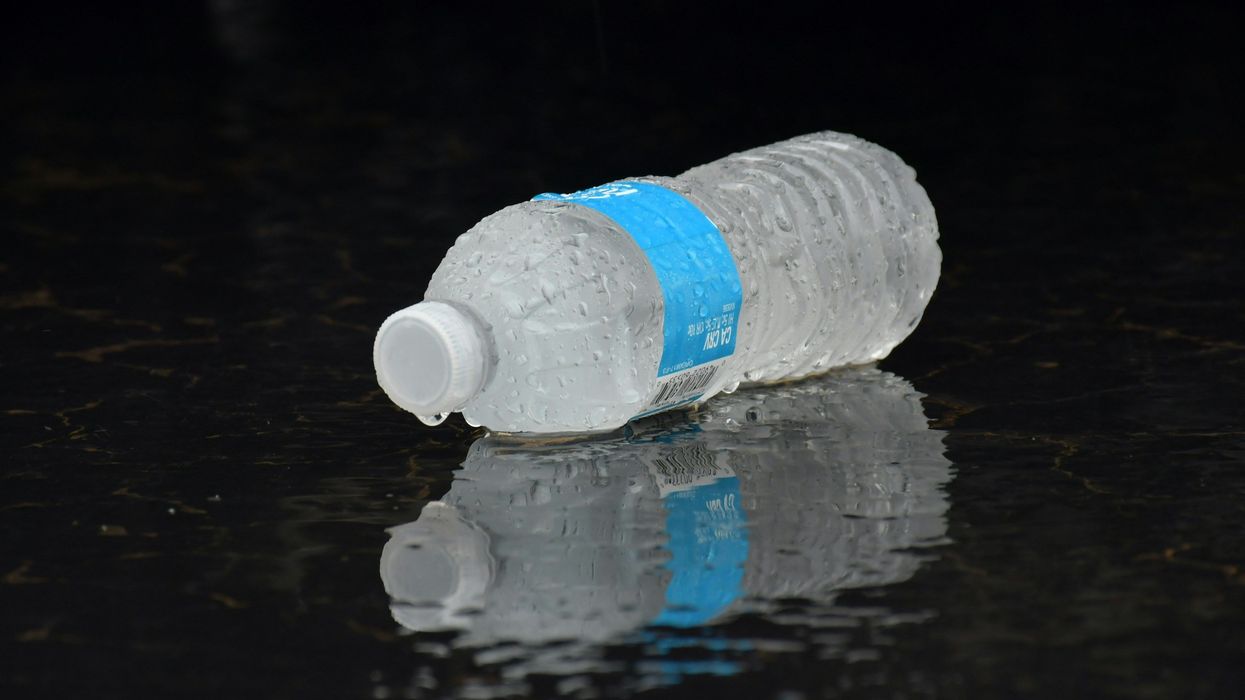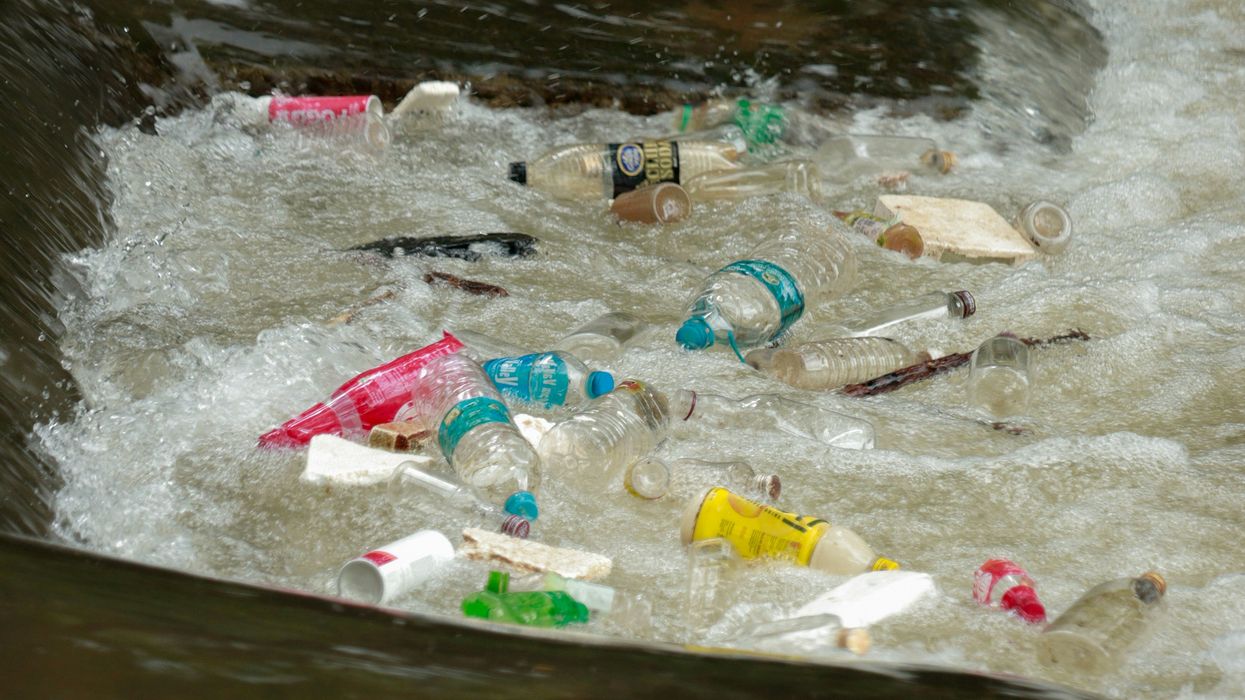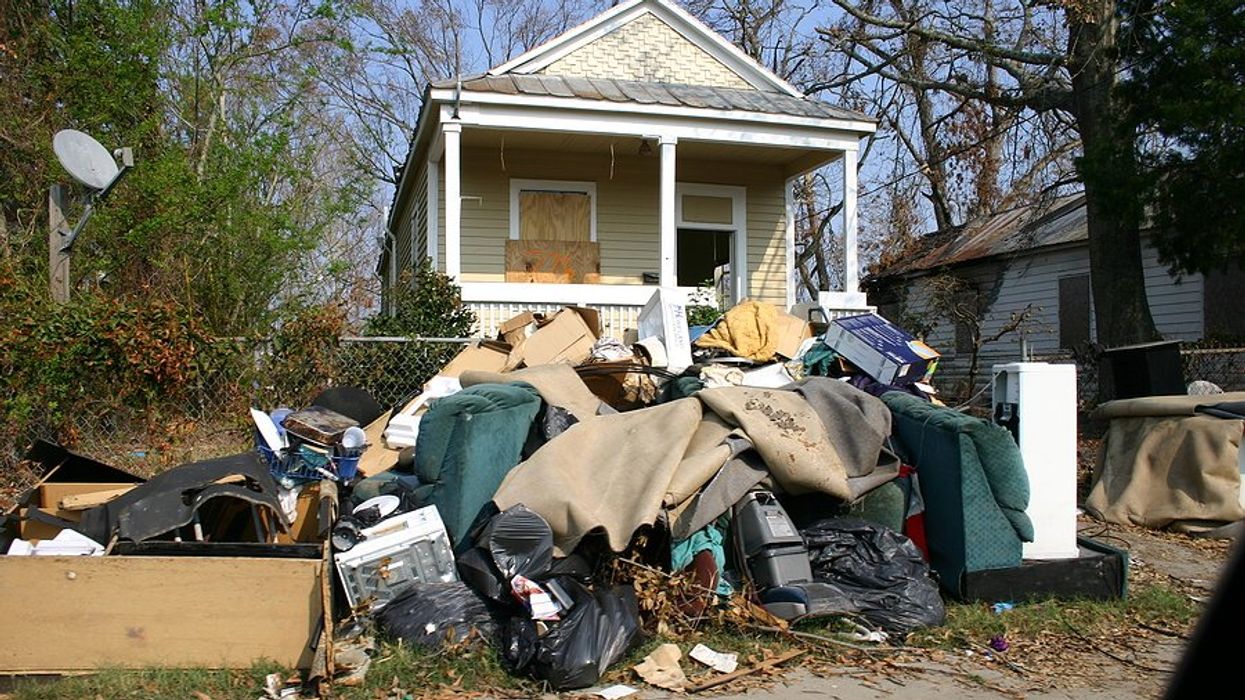Reusing disposable plastic bottles and containers can release harmful chemicals and microplastics into food and beverages, raising health concerns, experts warn.
Sarah Raza reports for The Washington Post.
In short:
- Single-use plastics can shed microplastics and leach harmful chemicals, particularly when exposed to heat.
- Black plastic items, such as takeout trays and utensils, may contain toxic flame retardants linked to health risks, including hormone disruption and cancer.
- Experts recommend avoiding heating plastics and opting for glass or metal containers for food and drink storage.
Key quote:
“There is a real significant potential human health impact that is associated with reusing plastics, whether you’re talking about beverages or food.”
— Sherri Mason, plastic pollution researcher and director of Project NePTWNE at Gannon University
Why this matters:
Plastics are a common part of daily life, but improper reuse can introduce toxic substances into the body, especially affecting vulnerable groups like children. Reducing reliance on single-use plastics and avoiding heating them can mitigate health risks.
Related: Biden administration unveils plan to wean US government off single-use plastics














